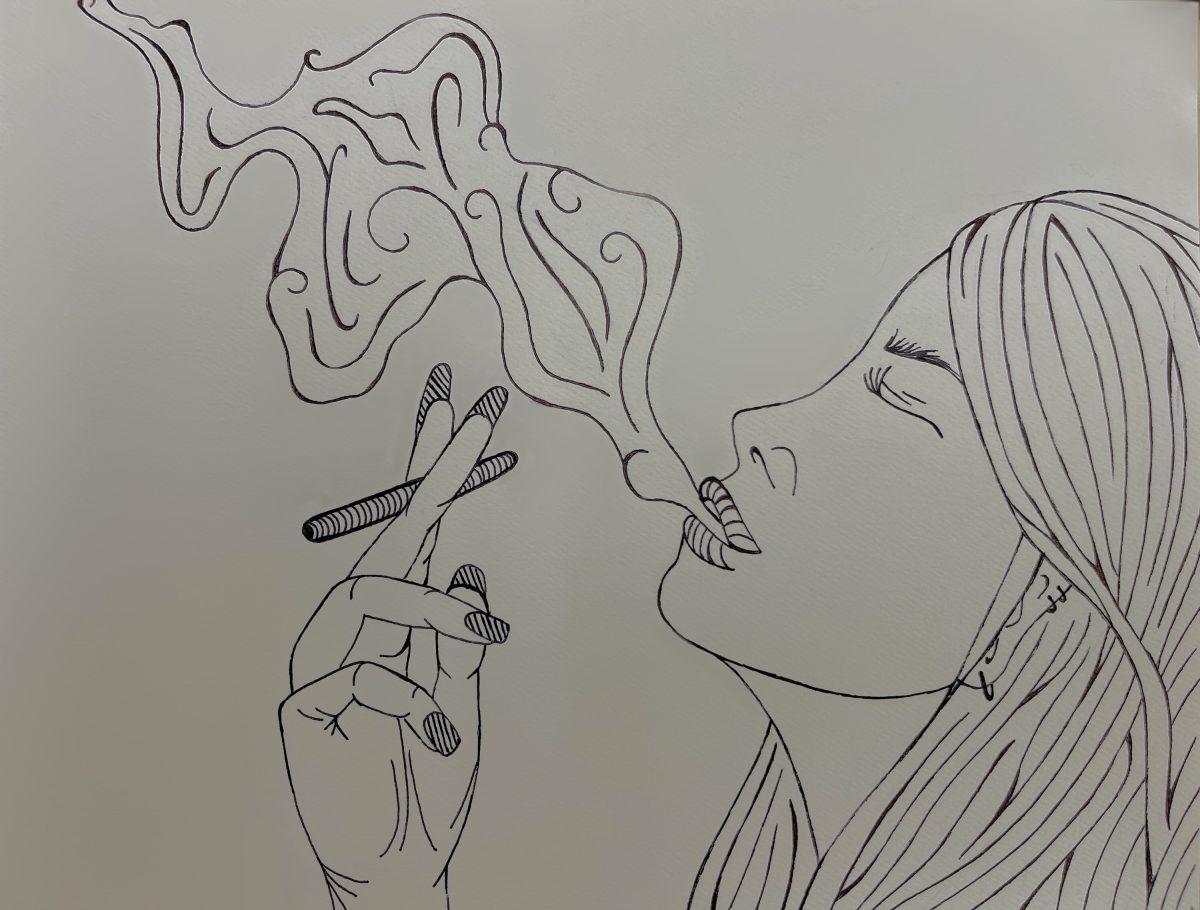“You don’t know who you’re going to offend or make feel uncomfortable when talking about politics,” said sophomore Eliam Weinstock.
Weinstock is among many other students who think that teachers should not express their political views to their students.
In an age when politics are discussed regularly in households, on social media and even in the classroom, this has become a topic of controversy. Several San Marin teachers integrate current or controversial issues into their curriculum and foster related discussions. This has led students to wonder whether their teachers should discuss their own opinions in class.
NUSD’s board policies state that “the study of a controversial issue should help students learn how to gather and organize pertinent facts, discriminate between fact and fiction, draw intelligent conclusions and respect the opinions of others.”
Social studies teacher Michael Spinrad discusses current politics with his students every day.
“What makes AP Government come alive is to take the theory of the class and apply it to what’s going on in the world,” Spinrad said, adding that while his students may not see things from his standpoint, it is important for them to see all sides of a problem.
English teacher Wesley Swedlow also incorporates current events into instruction regularly. He said that if we avoid these issues, we support a “culture of ignorance and avoidance.”
AP Human Geography teacher Bob Lacy presents the information in question to his students and allows them to discuss it before he enters the conversation.
“I don’t want to force my opinion on anyone. I would like to think my main job is to get [students] to think for themselves,” he said.
Controversial issues can be discussed in different ways. Socratic seminars, used often in English classes, involve students asking and answering questions related to a text. The questions stem from the context and themes of the literature to related broader issues and current topics. “Moving debates” involve students shifting to specific sides of the classroom in response to whether they agree or disagree with a given statement.
Junior Courtney Rodriggs is in favor of political conversations in the classroom.
“I feel like I am usually in the dark for politics. It helps me to have more opinions on matters I otherwise would not have known,” she said.
Senior Emily Singhal disagrees. She said the last thing a student wants to happen in class is to feel singled out because other students are teaming up against their point of view. Singhal added that all five of her teachers freely express their own opinions.
According to NUSD’s policies, “Students shall be assured of their right to form and express an opinion without jeopardizing their relationship with the teacher or school”. However, it can be challenging for some students to openly state their views in a classroom setting.
“Early on in teaching, I often found that students would parrot my views back to me,” Swedlow said. “I think it’s more important for them to struggle with difficult topics without any singular authoritative direction.”
Categories:
Teachers and students discuss the merits of political discussions
February 6, 2018
0
More to Discover






































